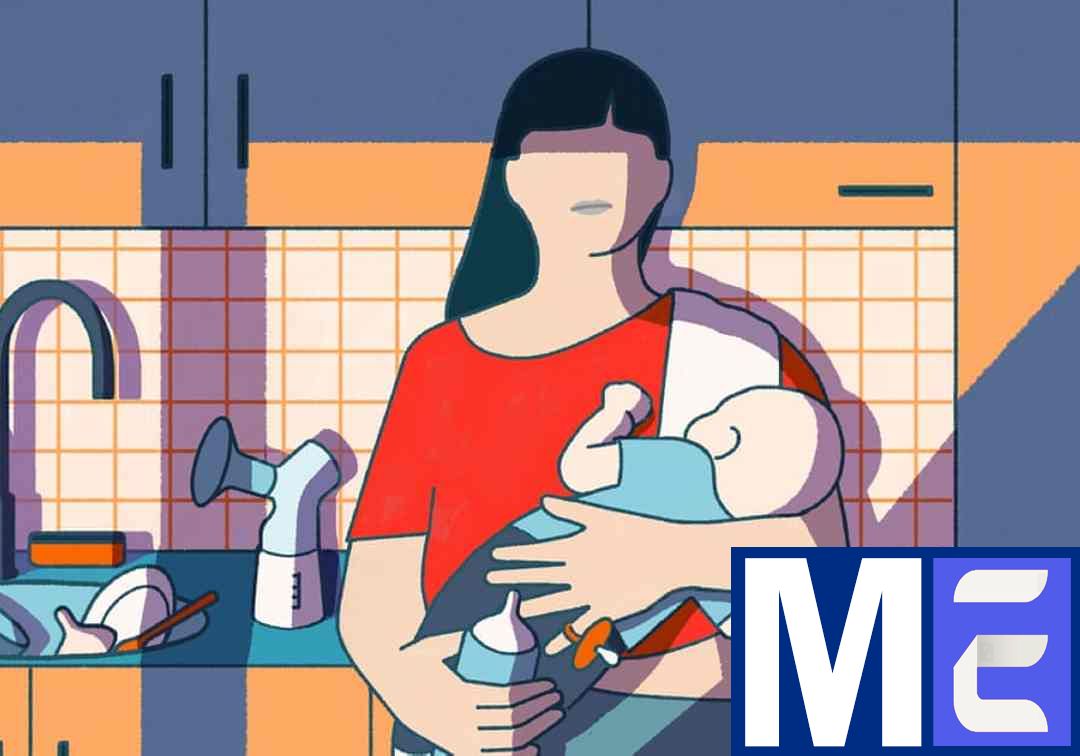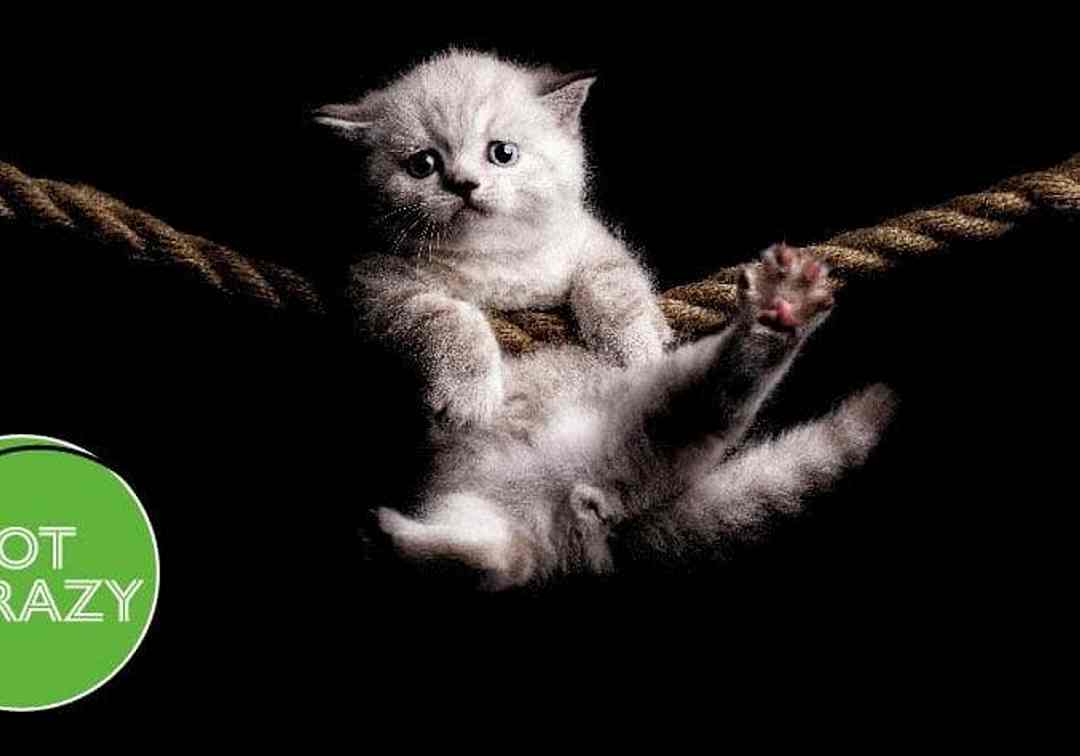One of many weirdest experiences for me in early motherhood was a recurrent picture or sense, once I was strolling down the road, pushing the newborn within the pram, {that a} slight breeze may disintegrate me, dissolve me into fragments or mud.
I think about a few of this was because of the startling (to me) metamorphosis of turning into a mom, psychologically, bodily and socially. However wanting again, I’m certain it was additionally to do with loneliness.
It feels shameful to confess, however new motherhood was the loneliest time of my life.
This took me without warning. Whereas I had a supportive companion and co-parent, household and pals, entry to a library and child teams, and a bent in the direction of introversion, the remoted association of recent motherhood was a shock. One research discovered that greater than a 3rd of recent moms within the UK spend eight hours a day alone with their infants, and this was usually the case for me.
My child was spectacular, as all of them are, however not speaking to adults for hours at a time, most days of the week, was a peculiar expertise. It gnawed at me. I misplaced social expertise and confidence. I fell silent and, for some time, withdrew. I struggled to ask for, or settle for, assist. I didn’t know how you can speak concerning the chaos of childbirth, the impact on my physique and thoughts – which I’m certain contributed to durations of melancholy and nervousness.
I assumed there was one thing flawed with me. Wasn’t this speculated to be the happiest time in my life?
We’ve got recognized concerning the risks of loneliness for well being for some time. Its influence is in comparison with the impact of smoking 15 cigarettes a day. However till not too long ago, little was recognized about perinatal loneliness. In truth, what I used to be feeling was commonplace in any respect.
Some analysis suggests 80 to 90% of recent moms really feel lonely. One research discovered that 43% of moms below the age of 30 within the UK felt lonely on a regular basis. Loneliness is extra prevalent in new parenthood than within the basic inhabitants, and it’s extra widespread amongst sure at-risk teams, similar to younger dad and mom, immigrant and refugee moms, moms with out supportive companions, moms taking care of a toddler with vital well being issues, and transgender and non-binary dad and mom.
Loneliness, unsurprisingly, can result in psychological sickness. In 2023, a evaluation of proof carried out at College Faculty London discovered that loneliness was a key threat issue for perinatal melancholy. The research’s lead writer, Dr Katherine Adlington, mentioned: “We discovered that loneliness was central to the experiences of expectant and new moms with melancholy. Persistent loneliness – feeling lonely usually or at all times – is now skilled by round a 3rd of recent dad and mom.
This degree of loneliness and isolation doesn’t appear in any respect perfect for a species that depends on social contact for well being, wellbeing, survival, and studying. So why are moms in our society so lonely?
Some existential loneliness in new motherhood is perhaps inevitable. For instance, I discovered there was a person existential course of I wanted to undergo to make sense of bringing a life into the world by way of my physique. However a lot of the isolation felt by new dad and mom is a consequence of how some up to date societies are structured.
Take the rapid postnatal interval. In most cultures internationally, together with in China, Japan, India and South America, new moms observe related practices or rituals after giving beginning that acknowledge the emotional heft that turning into a mom brings, in addition to what a physique goes by way of in being pregnant and childbirth.
These usually contain some mixture of nutrient-rich meals, massages, drinks and natural baths ready by shut feminine relations, girls locally, or employed postnatal assistants who will look after the mom and child for about 40 days. The mom is anticipated to relaxation and be sorted, whereas feeding and bonding along with her child.
In Vietnam, the interval known as namo, that means “mendacity in a nest”. In Nigeria, omugwo is the title of the Igbo cultural observe of postpartum care given to the brand new mom and child by her mom or elder feminine relations. In Mexico, a “closing of the bones” ceremony helps to emotionally and bodily shut the girl’s physique after the intense opening of beginning.
In western societies, a brand new mom is generally left to her personal gadgets after beginning. She is going to usually give beginning in hospital and go residence shortly afterwards. If there’s a companion, she or he will normally have two weeks’ parental go away from work after which the first caregiver – most normally a mom – will look after the newborn at residence for a time period. A companion is perhaps off work for only one week: in a authorities session revealed in June 2023, one of many proposed “reforms” was to permit statutory paternity go away to be taken in two separate week-long blocks versus the 2 weeks consecutively. As anybody who has had a caesarean or a beginning damage will know, it usually takes greater than seven days to even have the ability to stroll correctly once more.
However in late capitalism, time is cash, and individuals are time-poor. In a 2019 survey of oldsters, 14% of fathers who didn’t take any statutory go away reported that they have been too busy to take day without work work.
A mother or father at residence alone with an toddler is a comparatively new assemble. For many of our evolutionary historical past, people lived in small teams. This meant that ladies mothered alongside others, or foraged along with their infants shut by. Our brains and nervous techniques developed in collective child-rearing societies.
This type of collective elevating of kids nonetheless exists right now. A latest research led by Nikhil Chaudhary of the College of Cambridge on the Mbendjele BaYaka hunter-gatherer communities residing in rainforests within the northern a part of the Republic of the Congo, discovered that a number of caregiving adults, referred to as “alloparents” – responded to a crying youngster greater than 40% of the time, in addition to offering shut care and bodily contact.
Childcare help, wrote the researchers, appears to have been substantial in our evolutionary previous. “WEIRD (western, educated, industrialised, wealthy, and democratic) dad and mom” right now “are confronted with the problem of kid rearing exterior the cooperative childcare techniques which have been so key in our species’ evolution.”
Within the early months of motherhood, I generally felt that my nervous system merely hadn’t developed for the continual bodily, psychological one-on-one care that my child wanted, usually with none form of break. It turned a vicious circle. Isolation meant exhaustion, which meant little power for anybody else, which meant loneliness. Frankly, even with my youngsters now out of the newborn levels, it generally nonetheless does.
“If anyone was wanting above our world, they might suppose that is utter insanity, as a result of listed here are all these moms in these little packing containers,” says Andrea O’Reilly, a professor within the Faculty of Gender, Sexuality and Girls’s Research at York College, Toronto, and the founding father of motherhood research, a tutorial self-discipline that researches subjects associated to motherhood and matricentric feminism (a mother-centred feminism). “How we reside in our houses, how we prepare our neighbourhoods, how we organise work is all fed into this absolute privatisation of household.”
In 2021, the BBC Loneliness Experiment discovered that unsurprisingly, around the globe, those that lived in individualistic cultures usually tend to be lonely.
For a very long time, I assumed this was my fault, my failing. However since writing my e-book Matrescence, which is concerning the transition into motherhood and the way it impacts the thoughts, mind and physique, I’m in correspondence with lots of of ladies and I’ve discovered that a lot of them really feel the identical.
There’s a distinct relational side to the loneliness of recent moms. A sample I’ve seen within the messages I’ve acquired from readers over the previous yr or so since Matrescence was revealed is a sense of disgrace and stigma across the subjective expertise of recent motherhood, after which a silencing of the self and isolation, usually alongside misery, shock and generally psychological sickness.
A 2021 research led by scientific psychologist Dr Billie Lever Taylor at King’s Faculty London illuminates the social points of postnatal psychological misery. All moms felt disgrace and nervousness about being judged “insufficient” however moms from ethnic minority backgrounds, deprivation, or who have been single or younger, felt a stronger concern of being judged to be “unhealthy moms”.
“There was a way of loneliness within the moms’ beliefs that they have been alone of their emotions, and ought not admit to them, stopping sincere, genuine interactions with others,” Taylor and her group wrote. New moms who felt distressed would actively withdraw by way of concern of “being a burden”.
The UK’s individualistic tradition can come as a shock for folks from extra collectivist cultures. In Taylor’s research, a mom who recognized as Black African and Muslim in contrast the social help for moms in her African residence nation with the shortage of it in England. “If it’s again residence now, you already know, your dad and mom, you give them your youngsters generally. Two days, three days, they might be along with your dad and mom. You may have slightly relaxation. However right here there’s no one,” the girl mentioned.
Different researchers have discovered the causes of perinatal loneliness embody a scarcity of recognition of the difficulties of being a mom, the burden of childcare, an absence of group and social networks, mismatch between expectations and actuality, and stigma connected to breastfeeding difficulties.
A way of failure amongst new dad and mom got here up time and time once more in a 2024 research by Dr Ruth Naughton-Doe, a analysis fellow on the College of York specialising in loneliness. “However they weren’t failures,” she says. “That they had been failed. Failed by a society that doesn’t worth parenting. Failed by under-resourced providers.”



